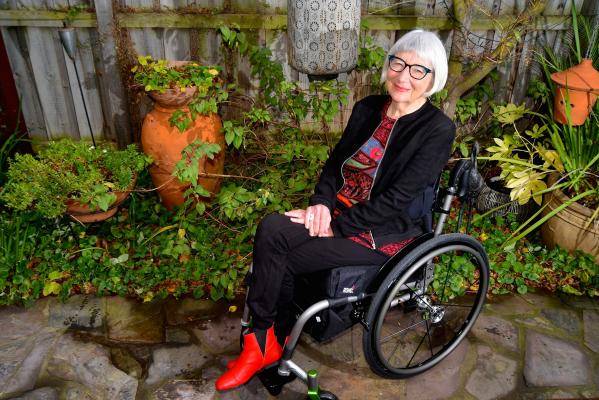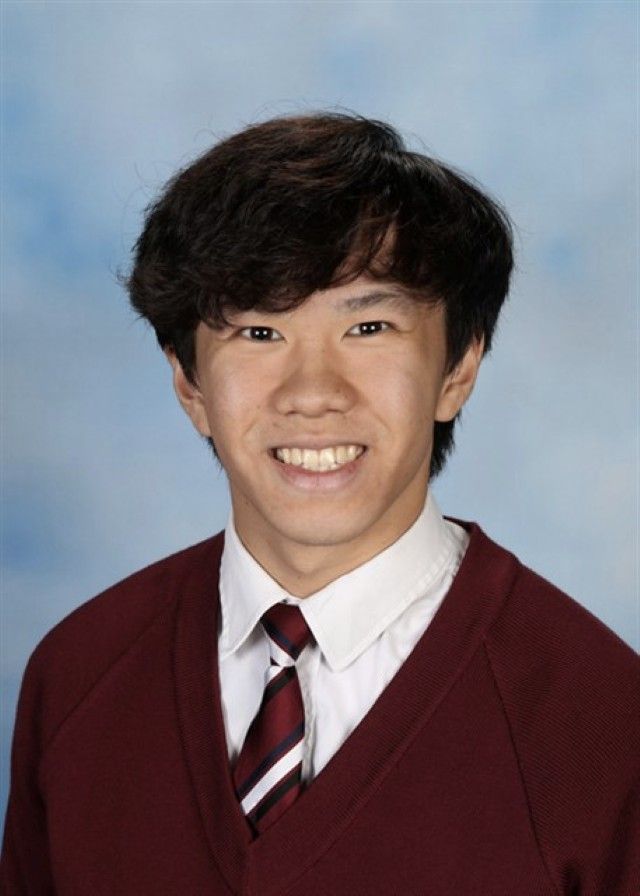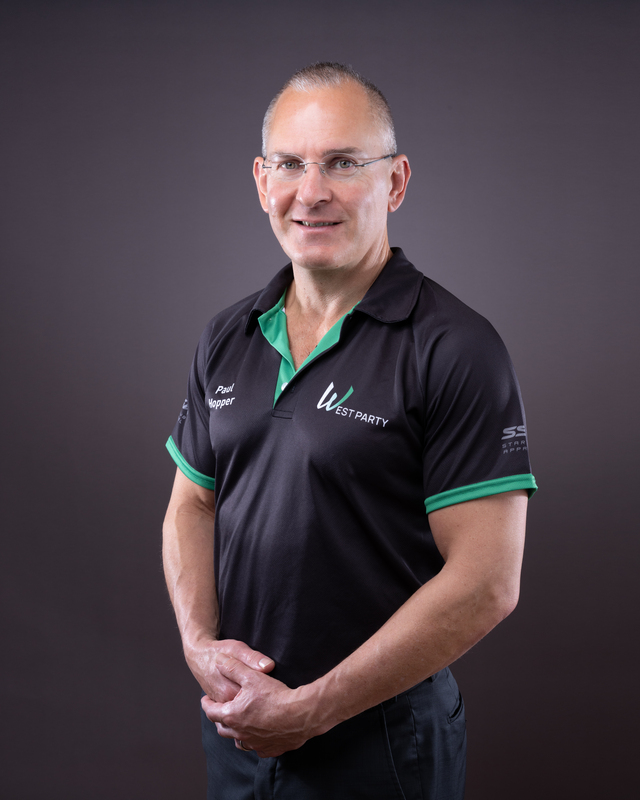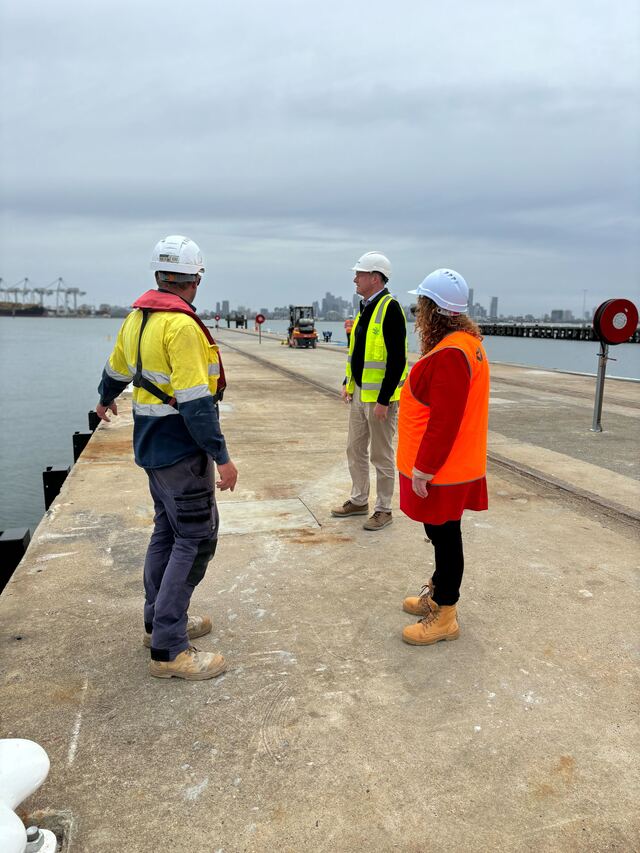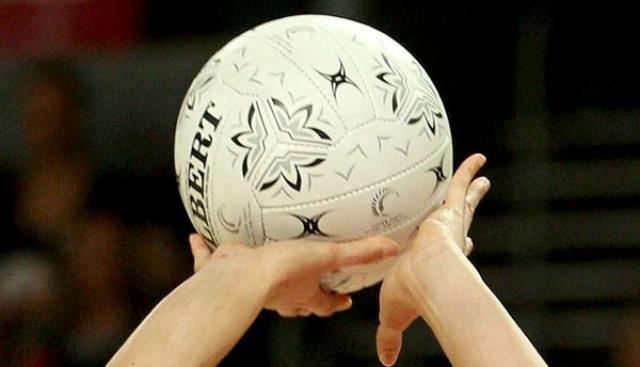Williamstown’s Keran Howe’s life changed when she was 19 – and she has devoted the rest of her life to helping others.
On Monday, she was recognised in the Queen’s Birthday Honours with an Order of Australia Medal for service to people with a disability.
“My background is in social work, so I’ve worked for many years in both hospitals and community health, and I also have a disability as the result of a car accident when I was 19,“ she said.
“I was a nurse and I was on a weekend trip to the country with some of my nursing colleagues – training nurses, we were.
“We just had a very simple accident and the car rolled over.
“We hit a tree.
“As a result, I had a fractured spine, fractured ribs.
“I have spinal cord injuries, so I use a wheelchair.
“As a result of that, I took a great interest in the rights of people with disabilities and the fact that people with disabilities don’t have the same opportunities or work to make a contribution to be recognised for their skills.
“In particular, as a woman, I was interested in the issues that confront women with disabilities that weren’t always recognised by the broader disability advocacy movement.“
In 2006, Ms Howe became the founding chief executive of Women with Disabilities Victoria – a role she held until she retired in 2018.
“I’m still very involved as a consultant,“ she said.
“More recently, I was providing training around the National Disability Insurance Scheme for family violence and sexual assault workers.
“So, I still retain an interest in that area of violence against women.
“I also am involved on a working party establishing the National Disability Research Partnership so I’ve been really interested in getting the evidence that we need to advocate for improved recognition of people with disabilities and women with disabilities.
Ms Howe said she had “great concerns“ about the NDIS.
“I think that this government seems intent on restricting access, restricting how people might have choice and control, which is the mantra of the NDIS –that it’s to give people choice and control in the way they can utilise services– but what I see is that it’s becoming more restricted.
“There’s still a long way to go in terms of the recognition of the rights of people with disabilities and I’ve been really privileged to work with some fantastic, skilled people in advocating for those rights.“

